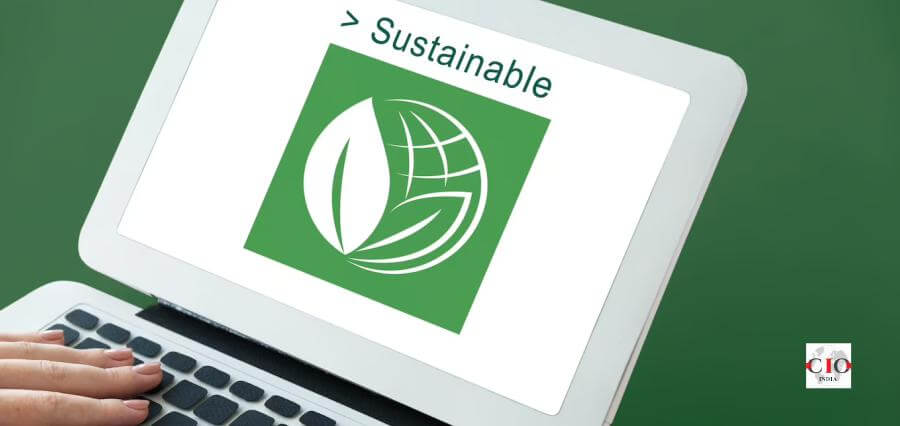The concept of sustainability has become a global imperative, and India is no exception. The emergence of sustainability in Indian business has been a gradual but significant shift, with companies across various industries recognizing the need to adopt sustainable practices to address pressing social and environmental challenges. The adoption of sustainable practices is not only important for environmental preservation, but it also offers economic opportunities and benefits. This article delves into the key drivers, challenges, and opportunities that are shaping the sustainable business landscape in India.
As India continues to experience rapid economic growth and development, it faces significant environmental and social challenges such as atmosphere change, air pollution, and poverty. These challenges have necessitated a shift in the way businesses operate, with a growing number of companies recognizing the importance of sustainable practices. Furthermore, consumers are increasingly demanding sustainable products and services, creating a market opportunity for businesses that prioritize sustainability. However, while the adoption of sustainable practices is gaining momentum, there are still significant challenges that need to be addressed. This article will investigate the current state of sustainability in Indian business and the opportunities and challenges that lie ahead.
Driving Forces for sustainable business in India
One of the primary steering forces behind the emergence of sustainable business practices in India is the increasing awareness and concern about climate change and its impact on the environment. India is among the top 5 nations in the world that are most vulnerable to climate change, and its economy heavily relies on natural resources such as water, forests, and biodiversity. Companies that operate in India are facing increasing pressure to reduce their carbon footprint and implement sustainable practices to protect the environment.
Another factor that is driving sustainable business practices in India is the growing demand from consumers, especially millennials and Gen Z, who are more conscious of their influence on the environment and society. They are willing to compensate a premium for sustainable and ethical products and services, and this has created a market opportunity for businesses that prioritize sustainability.
Challenges to sustainable business in India
Despite the growing awareness and demand for sustainable practices, there are several challenges that companies face in adopting and implementing sustainable practices in India. One of the prime challenges is the lack of a supportive policy framework and regulations that incentivize sustainable practices. While the Indian government has taken steps to promote sustainability, such as the launch of the National Action Plan on Climate Change, there is a need for stronger policies that create a level playing field for businesses that prioritize sustainability.
Another challenge is the lack of awareness and capacity-building among small and medium-sized enterprises (SMEs) to adopt sustainable practices. SMEs are a vital part of the Indian economy, but many lack the knowledge, skills, and resources to adopt sustainable practices. There is a need for targeted support and training programs for SMEs to build their capacity to implement sustainable practices.
Opportunities for sustainable business in India
Despite the challenges, there are several opportunities for companies to adopt sustainable practices and create value for their stakeholders. One opportunity is to leverage technology and innovation to develop sustainable solutions that address social and environmental challenges. For example, Indian companies are developing solar-powered irrigation systems to address water scarcity and mobile-based applications to promote sustainable agriculture.
Another opportunity is to adopt circular economy principles, which object to reducing waste and maximizing the value of resources. India generates a significant amount of waste, and there is a need for businesses to adopt circular economy practices such as product redesign, reuse, and recycling to reduce their environmental impact and create value.
The emergence of sustainability in Indian business is also creating opportunities for companies to build brand reputations and gain a competitive advantage. Companies that prioritize sustainability can differentiate themselves from their competitors and attract customers who value sustainability. This can lead to increased label loyalty and customer retention.
Examples of sustainable business practices in India
Several Indian companies have already taken steps to adopt sustainable practices and create value for their stakeholders. One example is Tata Steel, which has implemented a comprehensive sustainability strategy that focuses on reducing its carbon footprint, conserving natural resources, and promoting social welfare. The company has set an aim to reduce its carbon footprint by 20% by 2025 and has invested in renewable energy resources such as wind and solar power.
Another example is Hindustan Unilever, which has adopted a sustainable business model that focuses on reducing its environmental impact and promoting social welfare. The company has determined a target to reduce its carbon footprint by 50% by 2030 and has launched several sustainable products, such as water-efficient washing machines and natural and biodegradable personal care products.
Conclusion
The emergence of sustainability in Indian business is a positive development that reflects the growing awareness and concern about social and environmental challenges. While there are several challenges that companies need to be done to promote sustainable practices, there are also several opportunities for companies to create value for their stakeholders by adopting sustainable practices.





